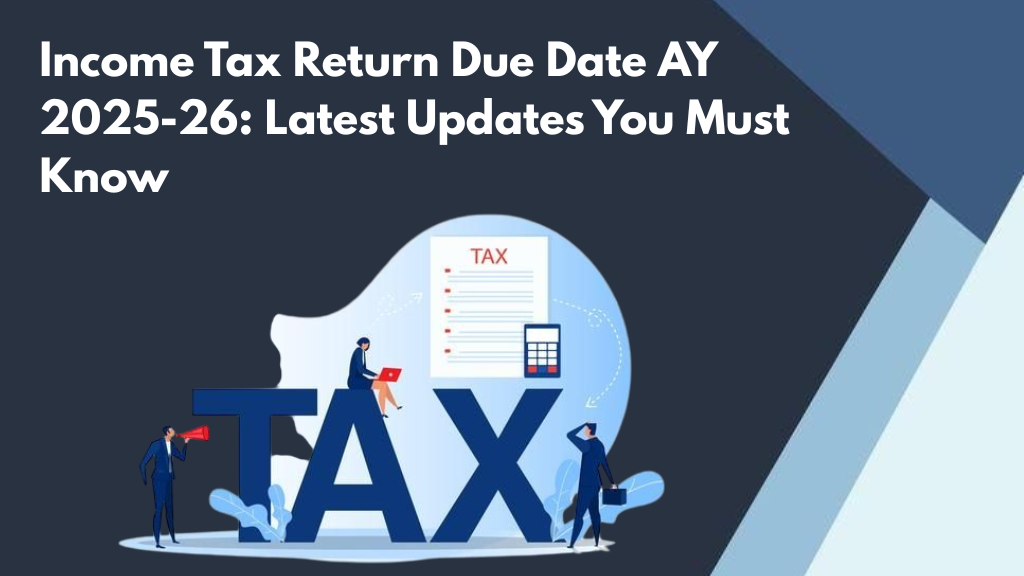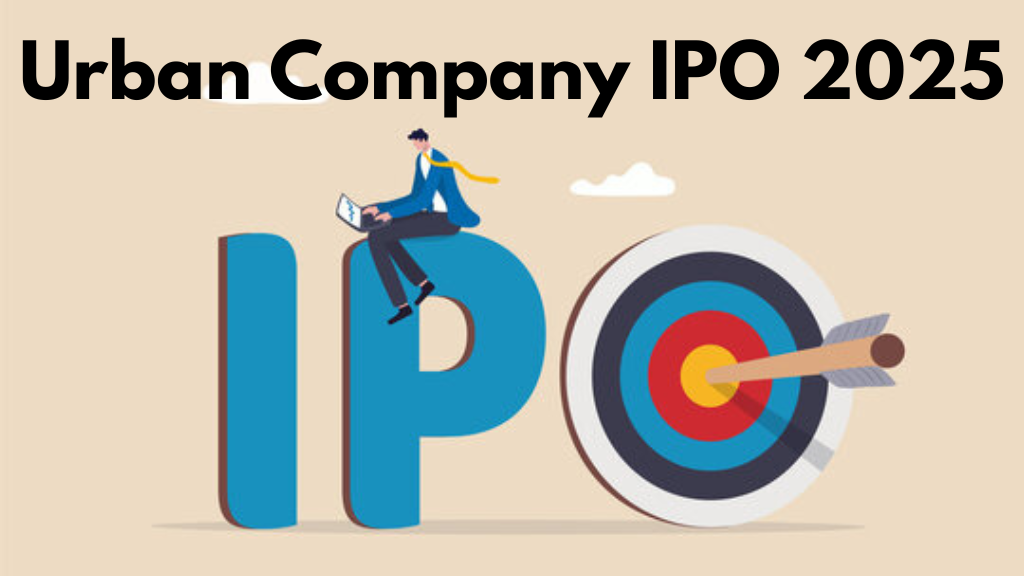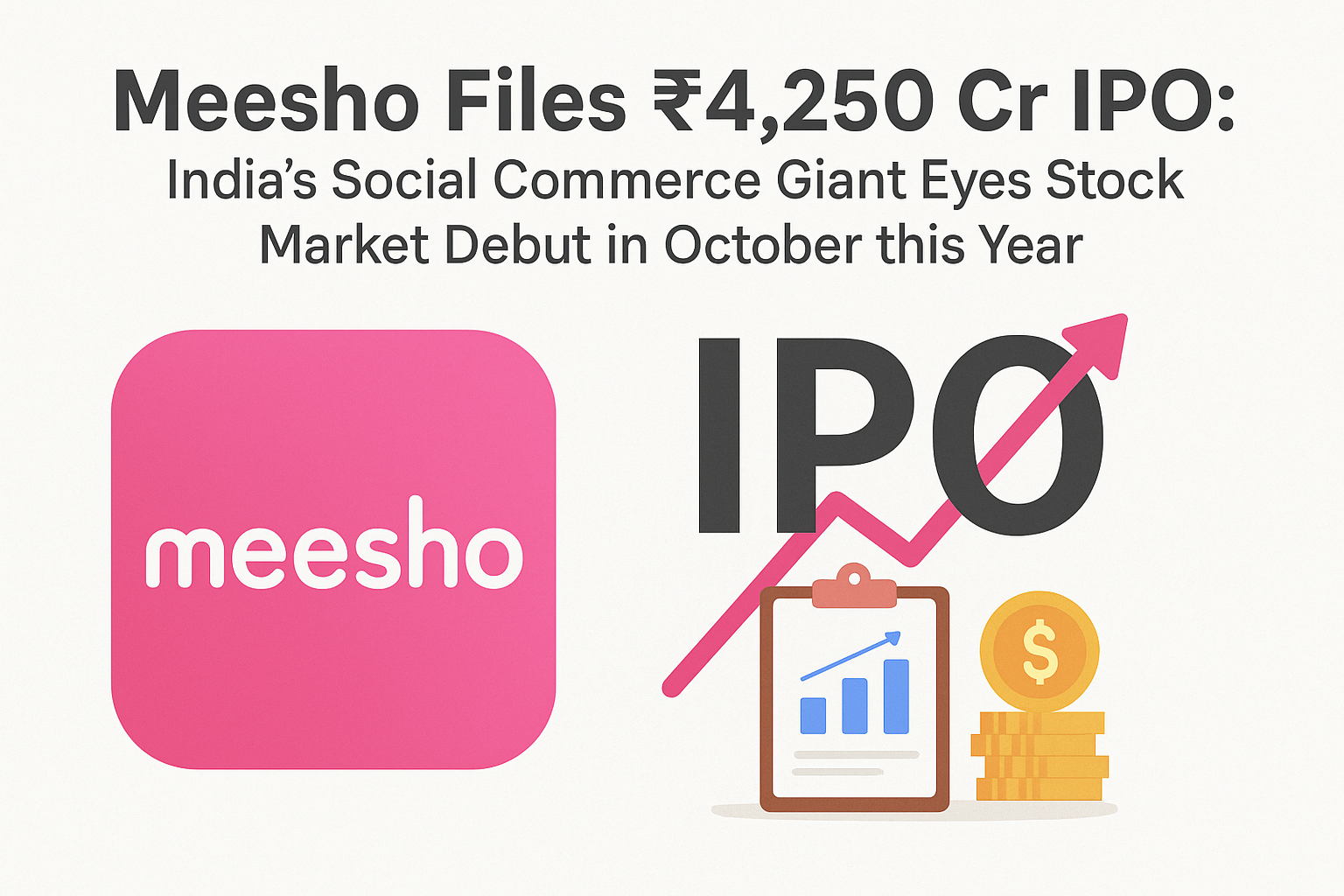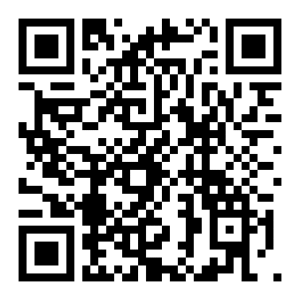How Secure is Blockchain Technology?
Alright, let’s cut through all the hype and tech jargon. You’ve probably heard people say “blockchain is super secure” or “it can’t be hacked.” But what does that even mean? Is it like a digital vault? Is it safer than your bank? Or is it just another internet thing that sounds cool but has its flaws?
So, what does secure even mean in the blockchain world?
Think of a blockchain like a notebook that thousands of people are watching together. If someone tries to change something on page 5, the others immediately shout, “Hey! That’s not what we wrote!” That’s the basic idea—it’s a shared record where everyone keeps each other honest.
Nobody owns the whole thing, no one can sneak in and erase stuff, and everything gets locked up in a way that’s nearly impossible to mess with. Sounds solid, right?
Okay, but why is it called secure?
Here’s why people trust blockchain more than their ex:
It’s not stored in one place
It’s not like your Facebook account that lives on one server. Blockchain data is copied across thousands of computers. So, if a hacker tries to mess with it, they’d have to change the data everywhere at the same time. Not easy.
It’s encrypted
It uses really tough math formulas to scramble the data. Only someone with the correct private key (kind of like a super password) can unlock or use that info. If you don’t have the key, you’re not getting in.
Once it’s written, it’s locked
The data goes into a block, gets sealed, and added to the chain. You can’t just go back and edit it like a Google Doc. It’s there for good—like that embarrassing photo your cousin posted.
Everyone must agree before anything new gets added
Before something is saved to the blockchain, all the computers in the network have to say, “Yep, this looks legit.” That’s called consensus. So one shady person can’t sneak in and change stuff on their own.
Wait, that sounds great—but nothing’s perfect, right?
Right. Even though blockchain is one of the toughest systems out there, it still has a few weak spots. Not because the system is bad—but because people can be careless. Here’s where things get messy:
😬 Real stuff that can still go wrong:
People make mistakes
You lose your private key? Boom—your crypto’s gone. Forever. No reset password, no customer care number. You mess up a wallet address? Money sent to the wrong place. It happens.
Smart contracts can have bugs
Smart contracts are like auto-programmed rules (like: “if X happens, send Y”). But if there’s a coding mistake, hackers can exploit it. Some big projects have lost millions just because of tiny code errors.
Phishing is still a thing
Hackers send fake emails or create look-alike websites to trick you into giving your private key or wallet access. It’s not blockchain’s fault, but it still happens to users.
The 51% attack
In smaller blockchains, if someone gains control of more than 50% of the network’s computing power, they can change stuff. It’s rare, super expensive, and hard to do on big chains like Bitcoin—but it’s a known risk.
No one to call for help
If something goes wrong, you can’t just call a customer care guy and say, “Sir, I lost my Bitcoin, please fix it.” It’s all on you. Which is both cool and scary.
Business News
So, should you trust it?
Honestly? Yeah, for the most part. Blockchain is like a high-security diary that doesn’t lie, can’t be edited, and doesn’t belong to just one person. You don’t need to trust anyone—you just trust the system.
But that doesn’t mean you should blindly jump into it. Be smart. Think twice before clicking links. Use good platforms. Store your private keys safely. And don’t ever share them—even with your crush.
Quick reminder of what makes blockchain safer than your average app:
- ✅ It’s decentralized – no single point of failure
- ✅ It’s encrypted – crazy math keeps your data locked
- ✅ It’s transparent – everyone sees what’s going on
- ✅ It’s immutable – once something’s there, it’s stuck
- ✅ It runs on rules, not humans – less chance of someone cheating the system
If you’re thinking blockchain is some magic fairy dust that keeps everything perfectly safe—slow down. It’s solid, it’s smart, and it’s one of the safest tech tools out there today. But at the end of the day, it still needs you to be careful.
Like wearing a seatbelt in a great car. The tech can protect you, but only if you’re not driving like a maniac.
So yeah—blockchain is secure. Not invincible.
How Secure is Blockchain Technology?
Let’s just be real for a second. The word “blockchain” is everywhere—your news feed, YouTube ads, that one friend who won’t stop talking about Bitcoin, and probably even your WhatsApp forwards. Everyone’s saying it’s the future, it’s secure, it’s unbreakable… but what really makes blockchain secure? Can it actually not be hacked? And why do people trust it so much?
We’re not going to use complicated techy words or sound like a textbook. We’re just going to break this down in the simplest possible way, so even if you’ve never touched a line of code in your life, you’ll still get it.
Let’s Start With a Simple Thought: Why Do People Say Blockchain is Safe?
Imagine you and your friends have a shared notebook. Every time someone adds something to the notebook—like who paid for dinner or who owes money—everyone sees it. And once it’s written, no one can erase or change it without everyone noticing.
That’s how blockchain works. It’s like a shared record-keeping system, but on the internet and spread across thousands of computers. No single person controls it, and everyone involved has a copy. That’s the magic: it’s open, yet private. Secure, yet shared. Pretty cool, right?
Here’s Why Blockchain Is Considered Safe
Let’s break down a few reasons why people believe blockchain is secure:
It’s Not Stored In One Place
In a normal system, your data (like on Facebook or your bank) lives in one place—a server. If that server is hacked, your data is gone. But in blockchain, your information is copied and stored across many, many computers worldwide. Even if one system is attacked, the rest are still safe and sound.
It Uses Tough Encryption
Blockchain doesn’t store stuff in plain text. It uses something called cryptography—which is just a fancy word for scrambling data in a way that only someone with a specific code (called a private key) can read it. Without that key, the data is just a meaningless bunch of letters and numbers.
Once Data is Added, It’s Locked
Let’s say you add a block of data to the chain (like “Alex sent 2 Bitcoins to Sam”). Once that block is verified and added, it gets locked with a kind of digital seal. You can’t go back later and change “2 Bitcoins” to “20 Bitcoins”—it’s permanent. And if you try? Everyone else in the network will immediately know something’s fishy.
It Needs Agreement From the Network
Before any new info gets added, everyone in the blockchain network checks it first. They ask: “Is this transaction real?” If the majority say yes, then it’s added. If not, it’s rejected. So even if a hacker tries to add fake data, the others can simply ignore it.
But Hey, It’s Not 100% Bulletproof
Let’s not pretend it’s perfect. Just like anything else in life, blockchain has its flaws. It’s very, very secure, but not magically unbreakable. Here’s where things can go wrong:
1. You Could Lose Your Private Key
Your private key is like your ATM PIN, but way more powerful. If you lose it, you can’t access your money, your NFTs, or anything else stored in that wallet. There’s no “Forgot Password” option. It’s just gone. Forever. That’s scary, right?
2. Humans Still Make Mistakes
Blockchain is smart, but people? Not always. You could send crypto to the wrong wallet address and it’s gone. You could click a fake link and give your key to a scammer. Or you could fall for a phishing email. Technology might be secure—but users still need to be cautious.
3. Smart Contracts Can Have Bugs
Smart contracts are automatic rules set up in code, like: “If A happens, do B.” But if there’s a mistake in the code, a hacker can exploit it. This has actually happened, with millions of dollars stolen just because someone left a tiny bug in the system.
4. Smaller Blockchains Can Be Hacked (51% Attack)
If a person or group controls more than half of the computers (51%) in a blockchain network, they can start making changes—like spending the same crypto twice. This is hard to do in big networks like Bitcoin or Ethereum, but it’s possible in smaller ones.
So... Is Blockchain Secure or Not?
Honestly? It’s one of the most secure systems we have right now. That doesn’t mean you can be careless. It just means the tech itself is solid.
See the difference? Blockchain removes the need for a trusted middleman and still stays trustworthy.
Still Wondering If Blockchain Can Be Hacked?
Technically, anything connected to the internet can be attacked. But blockchain makes it ridiculously hard. Here’s why:
- You’d need to control thousands of computers at once (too expensive).
- You’d need to crack powerful encryption (impossible without a supercomputer).
- You’d need to do it fast before the network catches you (not likely).
- And you’d need to fool the entire network—which constantly checks everything.
So yeah, it’s possible, but so is winning the lottery five times in a row.
Still… You Have to Be Smart With It
Let’s say you own gold. It’s valuable, right? But if you leave it outside your house in a paper bag, someone’s going to grab it. Blockchain’s the same. It’s strong, but you still need to use your brain.
Here’s how to protect yourself in the blockchain world:
✔️ Use a secure wallet (hardware wallets are safest)
✔️ Never share your private key
✔️ Always double-check wallet addresses before sending
✔️ Don’t click on weird links or emails
✔️ Use trusted platforms
✔️ Read up on scams and avoid FOMO
Examples That Prove Blockchain’s Strength
Let’s look at a few real-life uses of secure blockchain:
- Bitcoin: Running safely since 2009. No one’s been able to change its records.
- Ethereum: Hosts thousands of smart contracts and apps. Still running strong.
- Supply Chain Tracking (like IBM Food Trust): Keeps track of food freshness and safety.
- Voting Systems: Pilot projects are using blockchain to make tamper-proof elections.
- Digital IDs: Countries like Estonia use blockchain for secure citizen ID systems.
That’s real-world, not just theory.
Quick Recap
- Blockchain stores data across thousands of computers = hard to hack
- Uses heavy encryption = data is unreadable without proper access
- Data is permanent = no one can secretly change stuff later
- Needs network-wide approval before saving anything = limits fraud
- Still depends on people to be careful = tech can’t save you from yourself
Why This Matters
In today’s world, data breaches happen all the time. Banks get hacked, credit card info leaks, even governments get targeted. Blockchain is a way to fight back with smarter tech. It doesn’t rely on one system or person. It relies on math, code, and community.
That’s why it’s secure. Not perfect. But pretty close to what security looks like in the digital future.
- All Posts
- Become Partner
- Broker Review
- Crypto
- IPO
- Mutual Fund
- Recent News
- Recent Updates
- Stock Market

Income Tax Return Due Date AY 2025-26: Latest Updates You Must Know The income tax return due date is one...

Urban Company IPO GMP Rises Urban Company IPO GMP The Urban Company IPO GMP has surged ahead of its public...

Urban Company IPO 2025 – A Profitable Startup Going Public Urban Company IPO 2025 The Urban Company IPO 2025 has...

IPO Raised ₹599 Crore Even Before Opening, Investors Rush In; GMP Will Blow Your Mind The Indian stock market is...

Meesho Files ₹4,250 Cr IPO: India’s Social Commerce Giant Eyes Stock Market Debut in October this Year Bengaluru-based ecommerce platform...

NSE’s Diwali IPO in Sight: Awaits SEBI’s NoC After ₹1,600 Cr Record Settlement Proposal From SEBI’s Final Clearance to Damani’s...
By Popular Top Share Brokers

Motilal Oswal
30 days brokerage free trading
Free – Personal Trading Advisor

AngelOne
Free Equity Delivery
Flat ₹20 Per Trade in F&O

Profit mart
Free Equity Delivery
Flat ₹20 Per Trade in F&O

ProStocks
Unlimited @ ₹899/month
Rs 0 Demat AMC

Upstox
FREE Account Opening
Flat ₹20 Per Trade

Paytm Money

Pay ₹0 brokerage for first 10 days
Flat ₹20 Per Trade

Fyers
Free Eq Delivery Trades
Flat ₹20 Per Trade in F&O




